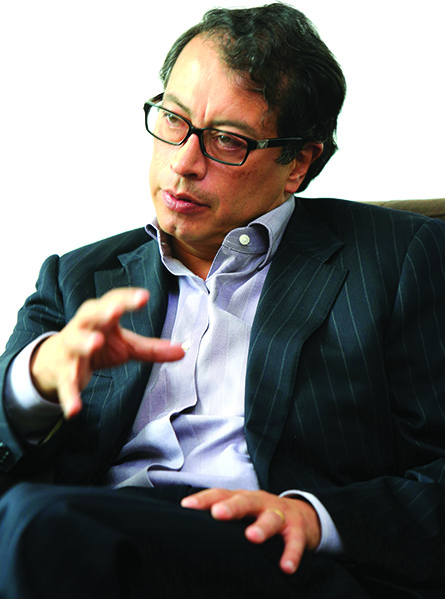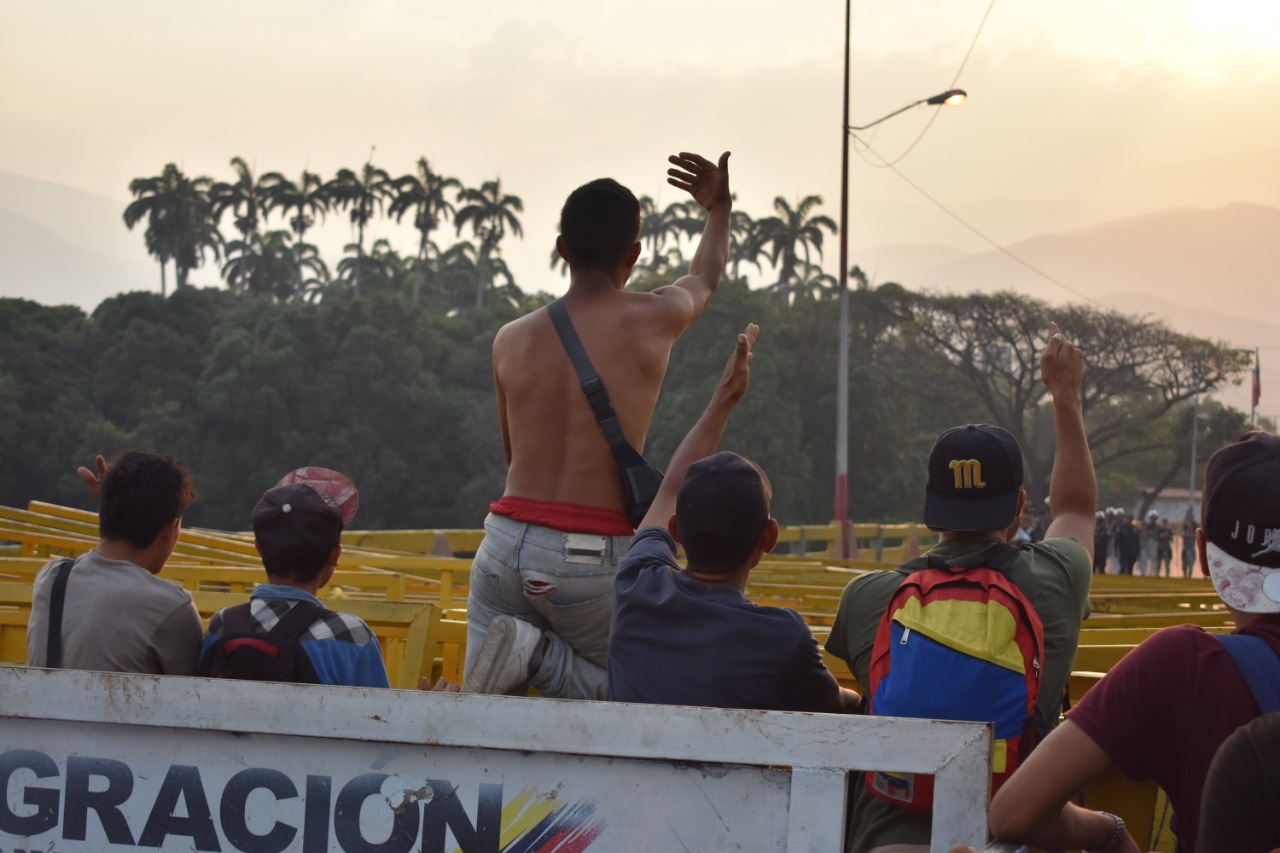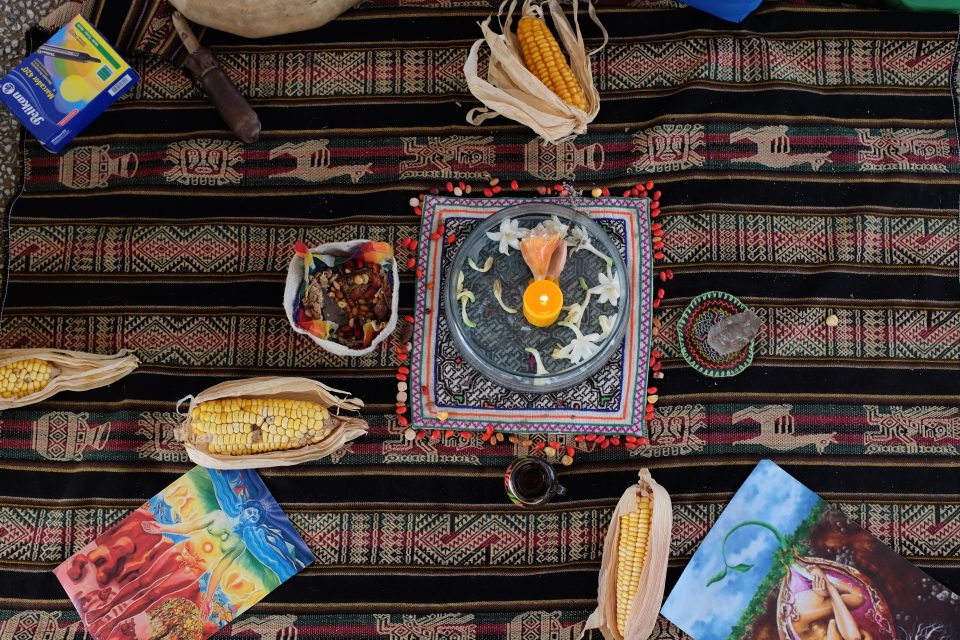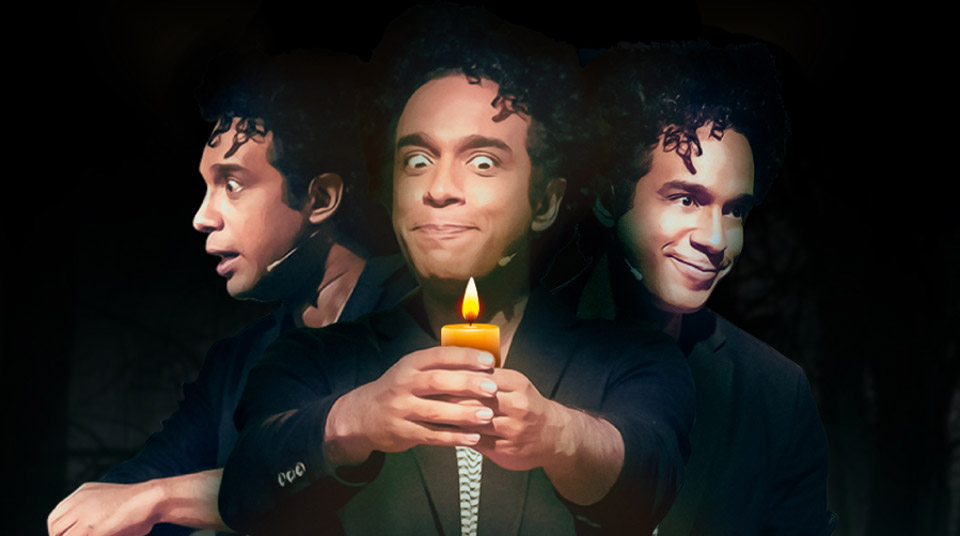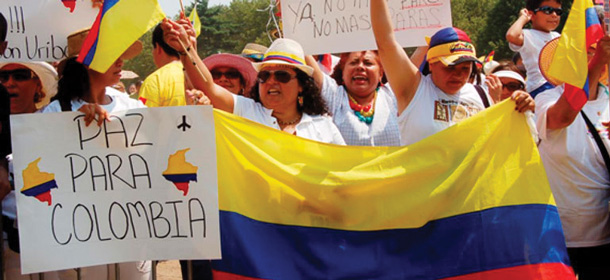 Veronika Hoelker outlines the challenges and prospects for Colombia’s peace process in 2016
Veronika Hoelker outlines the challenges and prospects for Colombia’s peace process in 2016
“This will be the last Christmas marked by war; next year Colombians will live in peace,” President Juan Manuel Santos optimistically affirmed in his annual end-of-year TV address. “Next Christmas, we’ll be dedicated to reconciliation and reconstruction, we’ll be furthering coexistence and optimism instead of hatred and pessimism,” he went on.
Indeed, Colombia has never been closer to reaching a comprehensive and definitive peace deal with the country’s largest left-wing rebel group, the FARC. Negotiations between the government and the insurgents have been going on since November 2012 and milestone agreements have so far been reached on the issues of rural reform, illicit drug cultivation, political participation and, most recently, on the rights of victims and transitional justice. As one of the thorniest topics on the negotiating agenda, the agreement on transitional justice had to be renegotiated for nearly two months after various conflicting points between the government and the FARC had emerged on the matter. The partial agreement on victims’ rights was finally published in its entirety on December 15, 2015, putting the peace talks back on track and renewing hopes for the signing of a final peace agreement by March 23, 2016.
The agreement on victims’ rights has been praised both nationally and internationally as a precedent in a context of peace negotiations of an internal armed conflict. It envisages the creation of a Truth Commission, a special humanitarian unit for the investigation of the disappeared, a reparations program and a Special Jurisdiction for Peace that will be in charge of trying those responsible for grave human rights violations and the most serious transgressions of international humanitarian law. Individuals found guilty by this jurisdiction may be eligible for specific sanctions – which will not be prison sentences – aimed at offering reparations to the victims and reconstructing the country. Meanwhile, amnesties and pardons will be strictly limited to political crimes such as rebellion.
These positive developments notwithstanding, there are reasons to remain doubtful as to whether the ambitious March 2016 target can be met, and more importantly, whether the agreements reached will actually serve the purpose of guaranteeing a stable and sustainable peace.
Firstly, it is important to remember that there are still pressing issues pending on the peace agenda, some of which have already caused heated debates both in Havana and on the domestic front. The Colombian government has so far rejected propositions by the FARC that involve the creation of special peace territories as part of the rebels’ disarmament and the convocation of a national constituent assembly to ratify the final peace accord.
One major stumbling block remains the FARC’s demand for the repatriation of high-ranking member, Simón Trinidad, who is serving a prison sentence in the US. While the US and Colombian governments are reluctant to comply, for the FARC, the signing of a peace deal is contingent on his release.
Secondly, while not underestimating the difficulties involved in getting the accord signed, the even bigger challenge lies in complying with the agreed provisions afterwards. A closer look at other post-conflict situations around the world reveals that compliance is something that often hinges on the political will of the incumbent administration.
Policies necessary to guarantee the non-repetition of violence often involve profound institutional and constitutional reforms that are typically absent as evidenced by cases such as Guatemala. As a consequence, scholars have found that more than 50% of states emerging from conflict return to conflict, and around 39% of peace agreements signed collapse or fail within five years of their ratification. If, for example, the agreement on victims’ rights is not implemented adequately, it may very well end up being a “piñata for impunity,” as Americas Director at Human Rights Watch, José Miguel Vivanco recently stated. Victims’ rights wouldn’t be satisfied, perpetrators would be let off the hook and new patterns of violence would likely emerge.
While some of these observations may curb prospects for a genuine peace in 2016 and beyond, they really only reflect some of the imperfections exhibited by most peace processes in the world. Lenient sanctions for war criminals and reintegration of combatants into civilian life are tough bullets to bite – but they are also necessary conditions for entering peace negotiations in the first place, and while Colombians may be polarised on the issue, there is little doubt that most want Latin America’s longest internal war to end.
Furthermore, the peace negotiations in Havana have come too far to simply be cast aside as yet another failed attempt at peace: this is evidenced by the considerable improvement of the humanitarian situation as a result of the “de-escalation” measures implemented by the negotiating parties. In addition, the agreements are inclusive of victims and envisage the participation of all actors that were involved in the armed conflict; not to mention the significant advances made to potentially engage in negotiations with the second largest guerrilla group, the ELN.
While a deal may or may not be signed by March, the truth is, a peace agreement will most likely be signed this year. The next question is whether that peace will last, which is extremely difficult to predict. Previous peace processes such as those of Central America have taught us that the signing of an agreement must be followed by a host of structural reforms that help eradicate poverty and inequality, otherwise violence will persist.
The stability of peace in Colombia will thus depend greatly on both the government’s and the FARC’s commitment to comply with the accords and guarantee the non-repetition of the conflict. Naturally, that will not be an easy task, but after over three years of negotiations, more than five decades of conflict, and more than 200,000 lives lost, engaging in such efforts seems like a small price to pay.
Veronika Hoelker holds a Master’s degree in International Relations of the Americas from UCL and currently works at the Bogotá-based NGO the Permanent Committee for the Defense of Human Rights. Veronika assists the judicial advisors at the NGO in matters related to transitional justice and the Colombian peace process in general.

